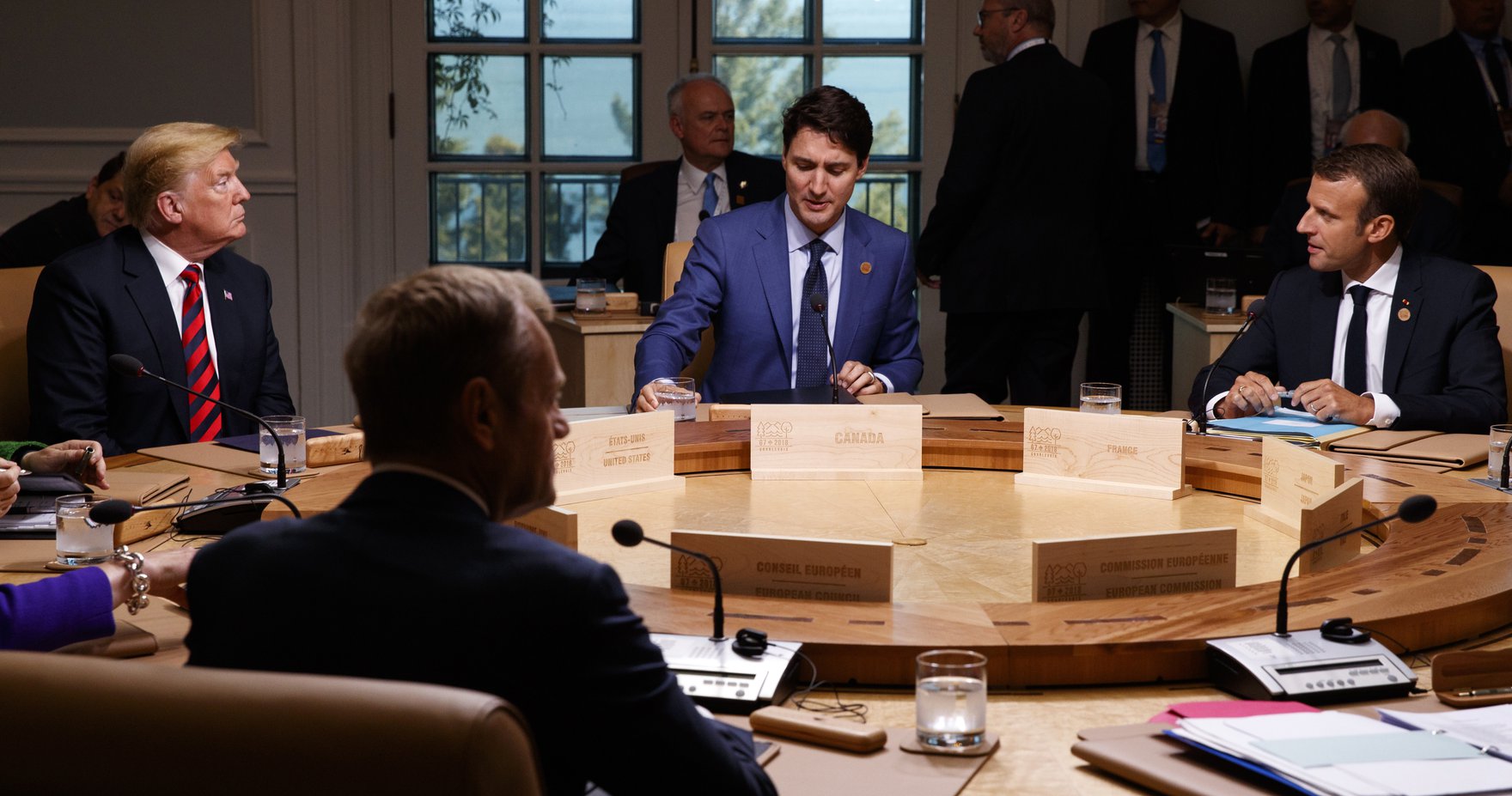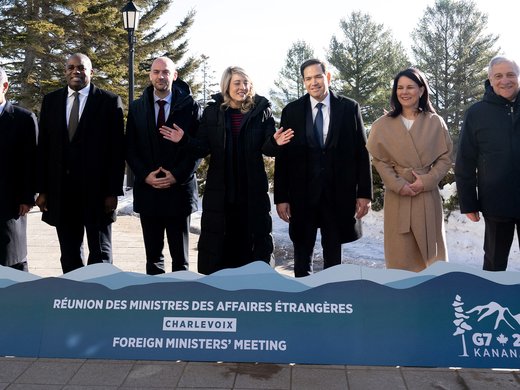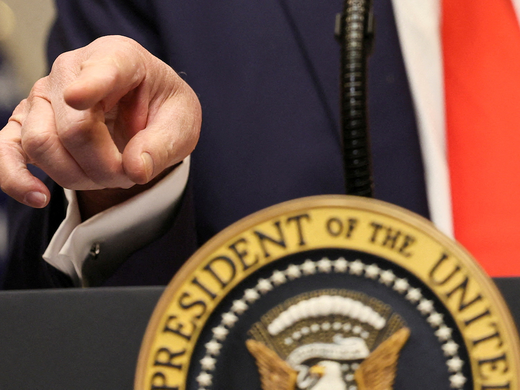The entry of labour-abundant countries into the world economy has pulled millions out of poverty, narrowing the income gap between developed and developing countries.
Consumers in rich countries have also benefited. However, labourers’ share of income has declined in almost all G20 countries, as wages are no longer performing the central redistributive role they once had. Not surprisingly, middle classes feel squeezed.
Cheap imports and new technologies are displacing manufacturing jobs. Those laid off are often faced with long periods of unemployment as their skills are no longer in demand. New and better jobs are created, but they are difficult to reach, either because they are in distant places where property prices are unaffordable, or because the unemployed are familiar with obsolete technologies. At the root of this backlash against globalization is the fear of losing jobs and social status to the benefit of corporate profits and foreign workers.
A deep political divide is compromising international co-operation. On the one hand, vilified populists want to restore the good old days by raising new trade barriers. On the other hand, the elite who had been overselling the benefits of trade believe that markets will eventually correct the excess of populists. However, this is not just a matter of time.
Economic nationalism is no longer a fringe issue, and as moderates lose ground, the political arena is becoming increasingly fragmented.
Multilateralism is weakening yet preserving co-operation on trade is increasingly important—not just for economic growth. Trade is also indispensable to deal with immigration pressures. If would-be economic migrants cannot sell abroad what they produce at home, they will keep jumping on boats or paying coyotes to smuggle their families into promised lands. Protectionism can stop legal imports, but not illegal immigrants.
Changes in the distribution of economic activity and income across countries and regions create social frictions. Reconciling people with trade is necessary to preserve the multilateral trading system, which will entail a combination of structural reforms and income-distribution policies. Both are essentially domestic choices, but they come at a cost.
Taxing trade winners to compensate trade losers can infringe international competitiveness. Reforms to facilitate job creation, retrain and support the unemployed and ease worker mobility across firms, industries, and regions, imply absorbing immediate costs for long-term benefits. This makes it risky for governments to go it alone. If a country implements such policies in isolation, it could hinder its international competitiveness, and calls for protectionism could resound even louder.
Like a dog chasing its tail, governments need to undertake costly domestic reforms to preserve international co-operation. But their implementation requires co-operative trade partners. Otherwise, the cost of domestic reforms, even if tailored to national circumstances, could backfire, compounding suspicions of “unfair” trade practices.
Fostering coherence in economic policy making is one of the G20’s most important challenge. Correlating policy reforms across nations has always been difficult, but it is even more difficult now as the “America First” doctrine has left the world wondering if the name of the new game is each country for itself.
Nevertheless, it can be done. In Buenos Aires, where world leaders are gathered for the G20 summit, they should resist the temptation of window-dressing communiqués with ambiguities and vague promises. Instead, hey should launch a policy dialogue aimed at identifying the policies that each government would be ready to implement to reconcile people with trade.
Identifying what each country could do to alleviate the anguish of those threatened by globalization is a first important step. This would lay the ground for further consultations on how those policies could be coherently implemented to enhance positive spillovers on the rest.
Trade rules certainly need to be updated and the World Trade Organization needs urgent reform, but this is not a matter for the leaders of the G20 to consider. Stepping into that minefield could end in a fruitless tournament of accusations that would compound people’s frustration and fear. WTO technicalities are already being discussed in different fora, notably in the group of like-minded countries led by Canada.
G20 leaders should just focus on how to ensure that their choice of domestic reforms could positively impact on other countries. The G20 policy dialogue has a chance to deliver. Leaders just need to stay centered on reconciling ordinary people with trade.
This article originally appeared in The Hill.



